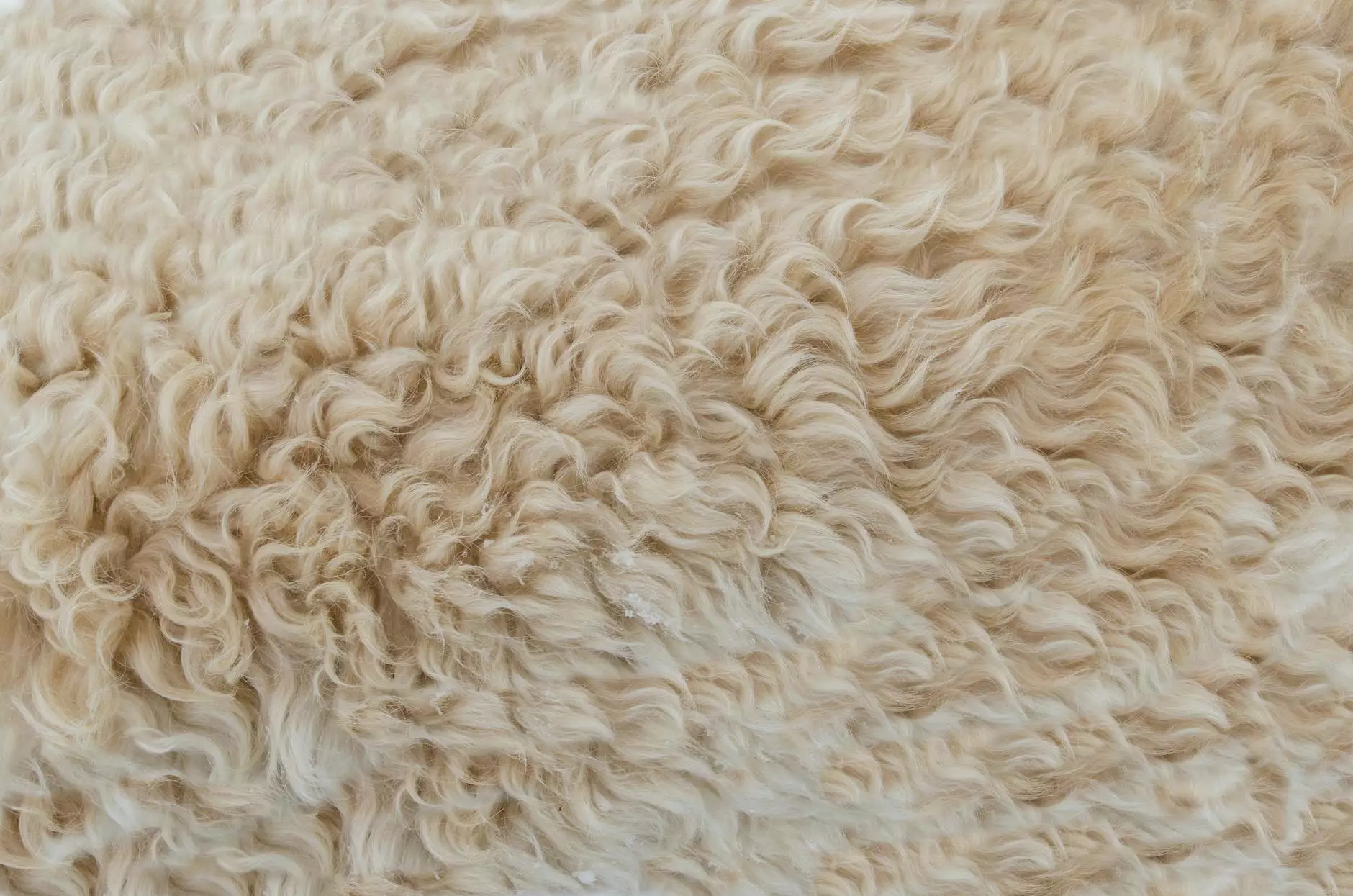What to Know About Oatmeal and Kidney Disease
Services
Welcome to the informative page about oatmeal and kidney disease, brought to you by Benjamin Shettell, MD, a renowned expert in the field of kidney health. In this article, we will explore the relationship between oatmeal and kidney disease, its benefits, precautions, and how it can be incorporated into a kidney-friendly diet.
Understanding Kidney Disease
Before delving into the specifics of oatmeal and its impact on kidney health, it's important to understand kidney disease itself. Kidney disease refers to the gradual loss of kidney function over time. It can be caused by various factors such as high blood pressure, diabetes, urinary tract infections, and certain genetic disorders.
Benefits of Oatmeal for Kidney Health
Oatmeal, a delicious and versatile grain, offers several benefits for individuals with kidney disease:
- Nutritional Value: Oatmeal is packed with essential nutrients like fiber, protein, vitamins, and minerals. These nutrients support overall kidney health and help in managing kidney disease.
- Lower Cholesterol Levels: Oatmeal is known to lower cholesterol levels, which can reduce the risk of heart disease, a common complication of kidney disease.
- Controlling Blood Sugar: Oatmeal has a low glycemic index, meaning it helps in controlling blood sugar levels. This is particularly beneficial for individuals with diabetes, a common comorbidity of kidney disease.
- Managing Blood Pressure: Oatmeal is a good source of potassium, which can help in managing blood pressure levels. High blood pressure is a leading cause of kidney disease.
Precautions and Modifications
While oatmeal can be advantageous for individuals with kidney disease, it's crucial to make some considerations:
- Phosphorus and Potassium Content: Oatmeal naturally contains some amounts of phosphorus and potassium. If you have advanced kidney disease, you may need to limit these nutrients. Consult your healthcare provider or a registered dietitian for personalized dietary advice.
- Portion Control: Moderation is key when consuming oatmeal. Be mindful of portion sizes to prevent excessive intake of carbohydrates.
- Avoid Added Sugars: Opt for plain oatmeal instead of flavored variations that may contain added sugars. Managing sugar intake is important for individuals with kidney disease and diabetes.
- Variety is Key: While oatmeal can be a healthy breakfast option, it's essential to include a variety of other kidney-friendly foods in your diet as well. Don't solely rely on oatmeal for nutritional needs.
Incorporating Oatmeal into a Kidney-Friendly Diet
Now that you understand the benefits and precautions regarding oatmeal and kidney disease, let's discuss some ways to incorporate it into a kidney-friendly diet:
- Plain Oatmeal: Start with plain oatmeal and customize it based on your preferences. This allows you to control the ingredients and prevent any unnecessary additives.
- Top with Kidney-Friendly Fruits: Enhance the flavor and nutrition of your oatmeal by adding kidney-friendly fruits such as berries, apples, or peaches. These fruits are low in potassium and high in antioxidants.
- Consider Low-Phosphorus Additions: If you need to limit phosphorus intake, explore low-phosphorus additions for your oatmeal. Examples include almonds, flaxseeds, or chia seeds.
- Pair with a Protein Source: To make your oatmeal more balanced, consider adding a protein source like Greek yogurt or a sprinkle of nuts. This ensures you're getting a mix of macronutrients.
Consult with an Expert
While this article provides valuable information about oatmeal and kidney health, it's essential to consult with a healthcare professional or a registered dietitian before making any significant changes to your diet. They can provide personalized advice based on your specific condition and medical history.
In conclusion, oatmeal can be a wholesome addition to a kidney-friendly diet. It offers various benefits, including nutrition, cholesterol control, blood sugar management, and blood pressure regulation. However, precautions should be taken, considering phosphorus and potassium content, portion control, and overall dietary variety. Remember, balance and moderation are fundamental aspects of maintaining kidney health.










